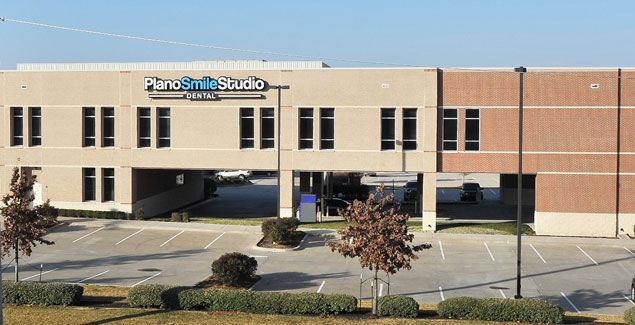With so many different designs of toothbrushes flooding the supermarket shelves, people often wonder if a specific kind of toothbrush is better than the rest. The truth is, there is no “ideal” toothbrush and what best works for you may not be the best for someone else!
Toothbrushes can be manual or powered/electric. The best toothbrush for you is the one you can use most effectively for removal of dental plaque from most areas of the mouth.
Manual toothbrushes are the most popular, and can be classified based on their bristle size as hard, medium, soft and ultra-soft. Generally, soft bristles are recommended for most people, as they are gentle on the enamel and gum tissue, and result in less wear or gum recession. When the bristles start showing signs of wear, it is time to change the brush. People who brush over-vigorously and have sensitive teeth as a result, or have had gum surgery recently, would benefit from using an ultra-soft toothbrush.
Handle designs and brush head sizes also vary considerably. While ‘regular’ straight handle toothbrushes are acceptable, many people can reach far back in the mouth to areas such as lower molars’ inner surfaces when they use toothbrushes with angled handles. A thick “ergonomic” handle design helps improve the grip and maneuverability; helpful for young children. The size of the brush head should generally be selected according to the jaw size; children’s brushes have smaller heads. A tapered brush head design is often useful in reaching hard to reach areas, such as around the wisdom teeth. Overall, a toothbrush brand with a seal of approval from the American Dental Association would make a good choice.
Electric toothbrushes have electrically operated rotating or oscillating heads. While the ADA considers both manual and powered toothbrushes to be equally effective in plaque removal, many people do prefer electric toothbrushes. The gentle massage produced from the vibrations has a soothing effect, and many have a timer attached, which helps users keep track of brushing time. As your local dentist will tell you,” the ‘right way’ is more important than the ‘right brush’!”


